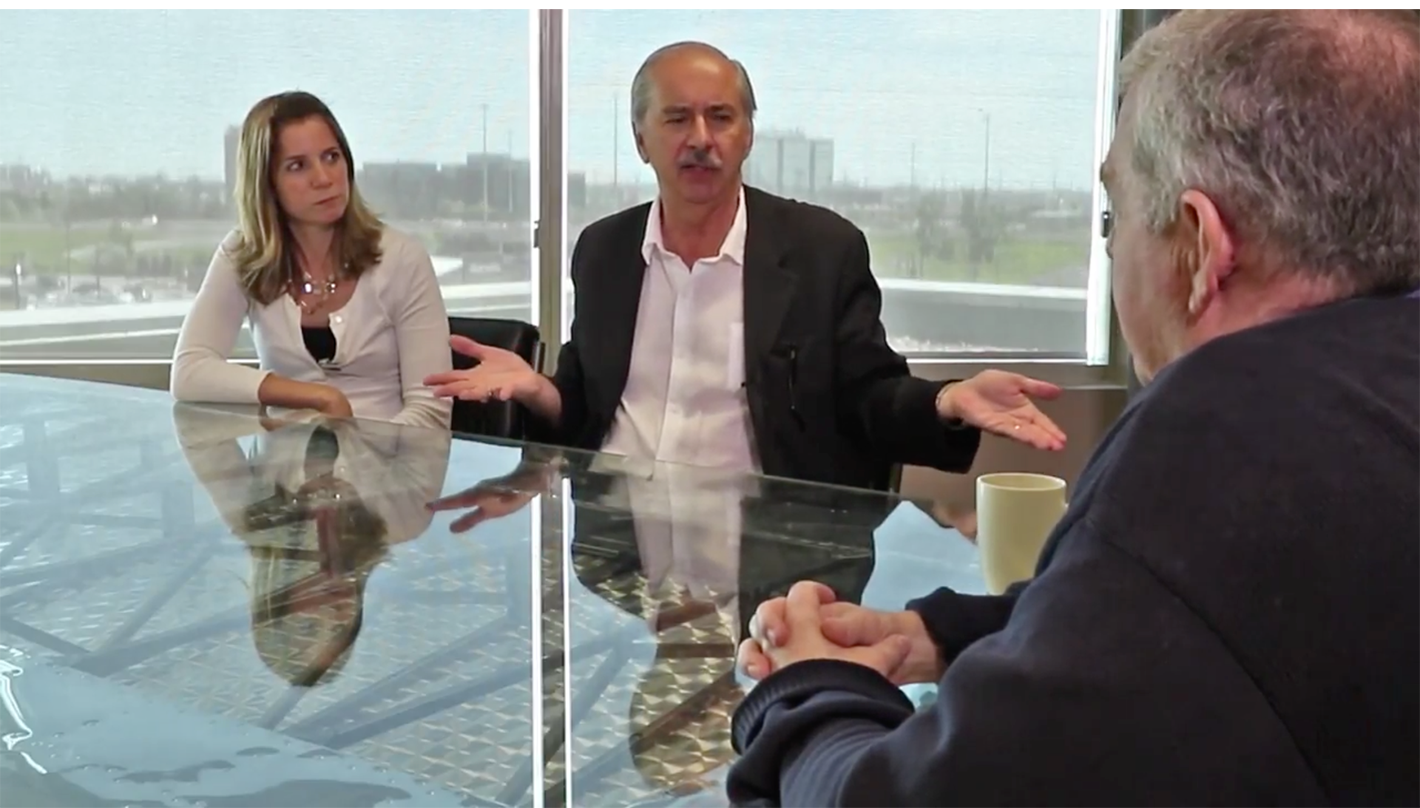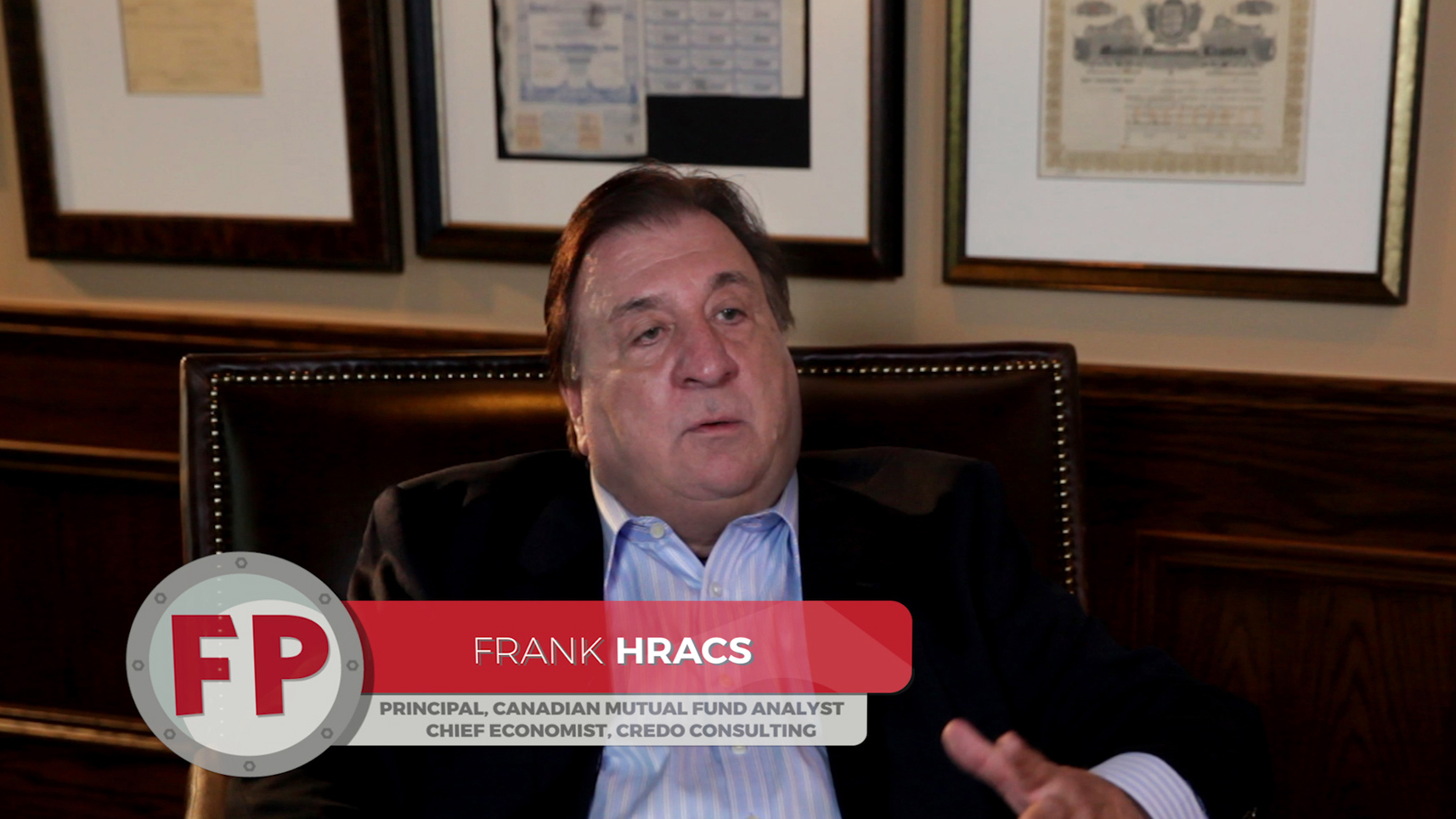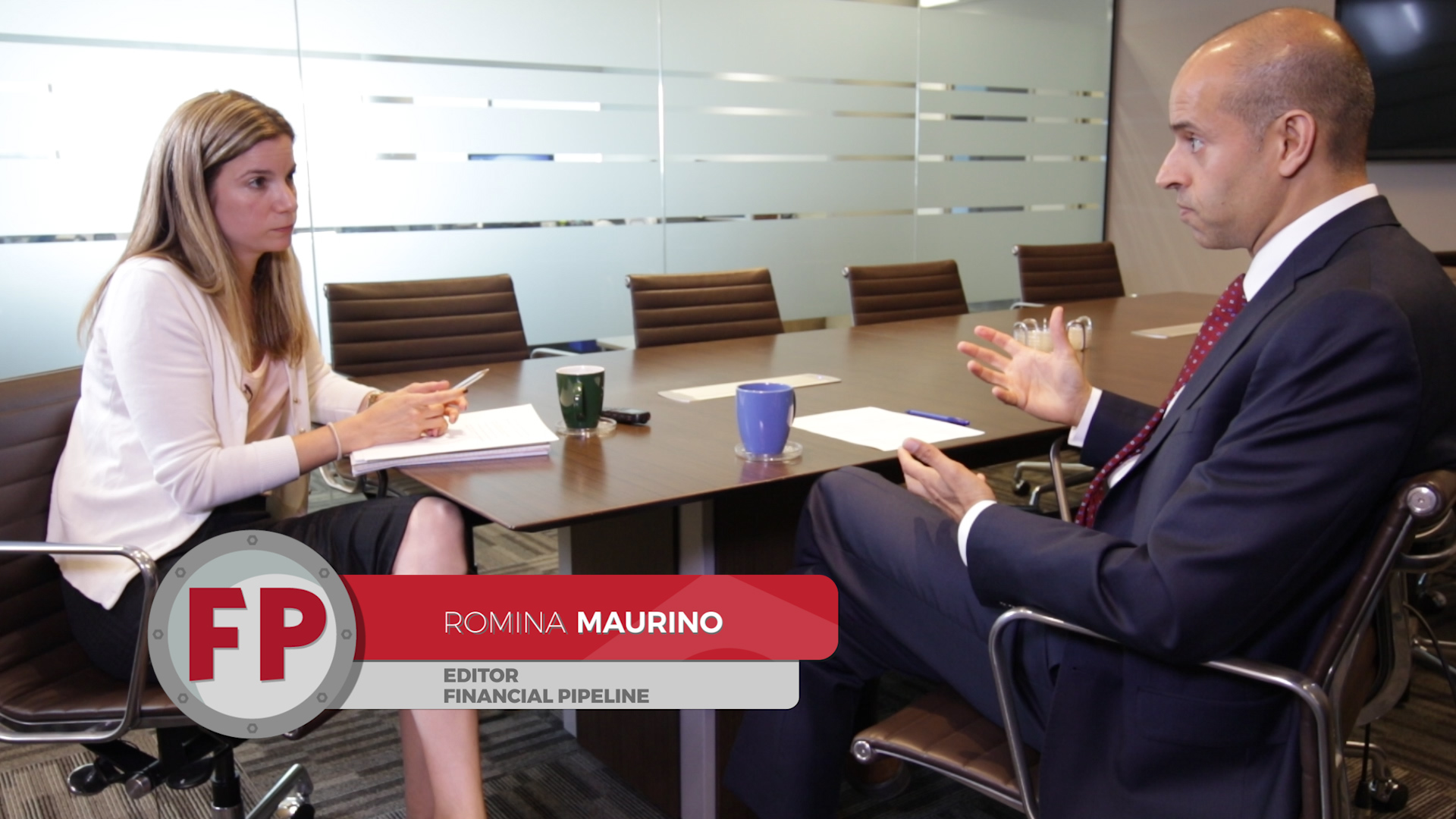Interest rates have been at a historic lows since the 2008 financial crisis and that’s made bond investors a bit complacent about what could happen to their portfolios when interest rates start to rise. John Carswell, the president of Canso Investment Counsel, told Financial Pipeline editors Romina Maurino and Malcolm Morrison that a lot of investors don’t realize just how exposed they are to rising interest rates.
MM: I think there’s a lot of people out there who have invested in bonds, both corporate bonds and government bonds, and they tend to think that (it’s) a totally safe investment for one thing and they’ve been lulled into a bit of complacency by the fact that you’ve had interest rates ultra low since the 2008 financial meltdown. Are we getting to a point where investors are just a bit too complacent about this?
JC: Well, they’re not only complacent, they’re not aware of how dangerous a bond is in a rising interest rate environment. So if I look at it a bond, it’s a promise to pay me a certain amount of interest for certain length of time. The problem with a bond is if I have bond at $100 that promises to pay me one dollar per hundred for five years, that sounds good. That’s one per cent. That’s like a GIC. Well, all of a sudden, if interest rates go back to normal and everyone gets two per cent for your $100 or $2 per hundred, I can go up to someone and say “I’d like to sell my bond now” and they say, “Well, what do you want for it?” “I want the 100, I paid for it.” And he’ll say, “Well, too bad. I can get $2 for my hundred and I can only at $1. I’m gonna pay you less. I give you a $96 for your bond,” which actually ends up being about the same as a two per cent interest rate on new bond.
So people get confused because they say, “Interest rates are up, I can earn more on my money.” That’s if you’re in a floating rate investment, like a savings account or a floating rate bond. If you have a fixed rate GIC, you’re locked in for five years at one per cent and your neighbours got two per cent. Well, you know, he’s doing better than you on that. And if you try to sell your one per cent bond, you’ll get less. So what I find interesting is the longer the term of your bond the more dangerous it is.






